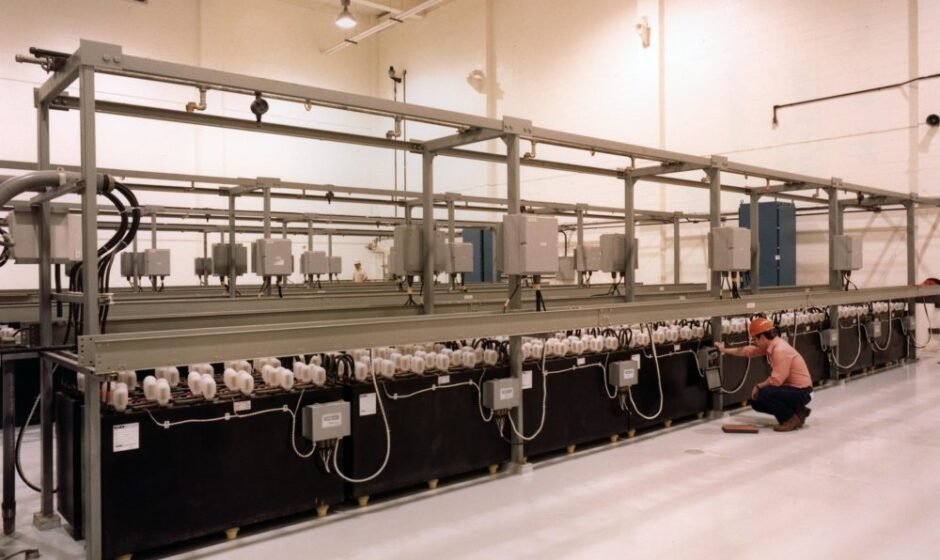As the implementation of the Investment Tax Credit (ITC) is taking effect, there are anticipated business opportunities that will follow. According to Charles Dauber, the founder and CEO of Empact Technologies, a software and services company, compliance management is crucial for developers to obtain tax credits and cover project costs.
The Role of an IRA Compliance Management Company
With the US government releasing guidance on the domestic content bonus and manufacturing production credit in the ITC, solar developers and manufacturers are considering utilizing these credits to expand their business. However, Dauber emphasizes that the process is complex.
“Most solar developers are primarily focused on project development. Compliance requirements and regulations consist of specific information that most developers do not want to handle internally,” says Dauber.
Furthermore, many solar developers lack an understanding of the necessary data or information they need to provide in order to prove compliance.
Dauber explains that solar developers often have multiple projects across different jurisdictions, each involving various subcontractors and engineering, procurement, and construction (EPC) firms. Therefore, they require the expertise of third-party companies to navigate through different tax credits and regional requirements.
“Managing all of this internally is extremely complicated,” Dauber adds.
Opportunities in the IRA Compliance Market
In January, Empact Technologies announced an agreement with solar developer Ampliform to handle IRA compliance for their current and future projects.
According to Empact Technologies, they are the first dedicated platform in the industry that guides energy development projects through IRA tax incentive compliance.
Dauber expresses optimism about the growth of the clean energy industry in the US, as there have been numerous state compliance opportunities and tax incentives available for many years. The ITC simply represents the next iteration of these incentives.
In addition to US solar developers and manufacturers, European counterparts have also chosen to expand their business in the US due to sustainability issues in the European solar manufacturing industry.
For example, PV manufacturer Meyer Burger decided to close its module assembly plant in Germany and focus on its footprint in the US. The lack of sufficient measures in Europe to create a level playing field was cited as the reason for this move. However, Meyer Burger’s cell production in Thalheim, Germany, would continue to support the company’s module production in the US.
Norwegian solar wafer manufacturer NorSun also secured NOK90 million (US$8.5 million) in equity financing to support its expansion in the US.
Dauber observes that European companies are coming to the US to capitalize on the growth in the solar and storage markets. They are either acquiring existing developers or forming joint ventures to gain access to the market.
Empact Technologies primarily assists manufacturers by obtaining data from them to meet the domestic content requirements of their developer clients.
“We can take that data and provide it to the developers so that they qualify for domestic content and receive the 10% tax incentive. However, we are not directly assisting solar manufacturers in coming to the US,” explains Dauber.
Expansion Plan
Under the agreement with Ampliform, Empact Technologies is responsible for collaborating with Ampliform’s project EPC firms, subcontractors, and key suppliers to manage prevailing wage and apprenticeship, domestic content, and other tax incentive qualifications and compliance throughout the project lifecycle.
Ampliform currently has around 700MW of solar projects under construction in the US, with an additional development pipeline of over 2GW. Their long-term plan is to expand the development pipeline to over 10GW.
Empact Technologies is also working with businesses in the solar and storage industries, as well as the carbon capture sector.
“Our company is the first provider of software and services to manage elements of the ITC for clean energy project developers, investors, EPC firms, and contractors,” states Dauber.
Looking ahead, the company intends to expand its business by hiring more project compliance managers to accommodate additional clients.
“As Empact Technologies has a large number of clients, we anticipate the need for increased capacity in the future,” says Dauber.



